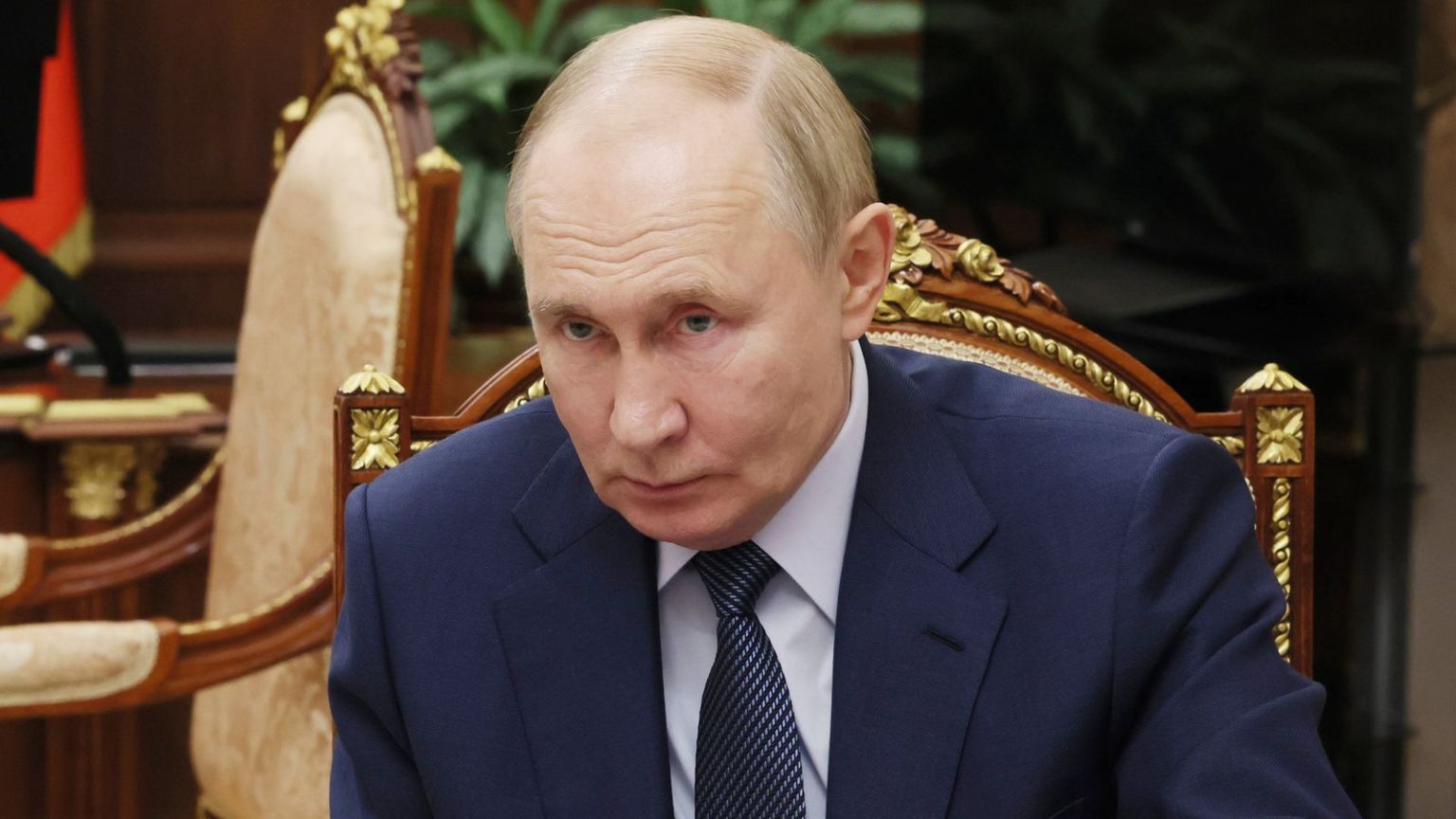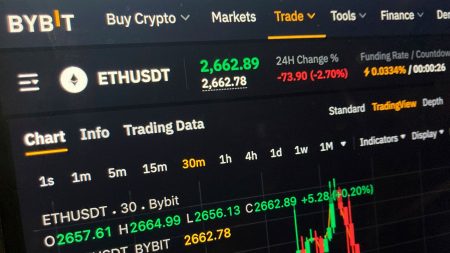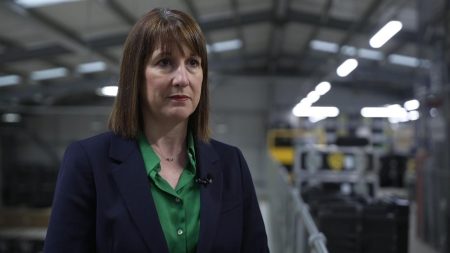UK Imposes Tougher Sanctions on Kremlin-Linked Oligarchs
The UK government has announced a new wave of sanctions targeting Russian oligarchs and elites with ties to the Kremlin, marking the third anniversary of Vladimir Putin’s invasion of Ukraine. This move is part of a broader effort to strengthen border security and protect the nation from threats posed by individuals linked to the Russian regime. The Home Office revealed that individuals who provide significant support to the Kremlin, those who have amassed wealth or status through their connections to the Russian state, and those with access to the highest levels of the regime can now be barred from entering the UK.
Timing and Significance of the Sanctions
The announcement of these sanctions coincides with the third anniversary of Russia’s invasion of Ukraine, which began on February 24, 2022. This timing underscores the UK’s commitment to standing firmly against Putin’s aggression and its determination to hold those complicit in his regime accountable. Security Minister Dan Jarvis emphasized the importance of these measures, stating, "Border security is national security, and we will use all the tools at our disposal to protect our country against the threat from Russia." He also delivered a clear message to Putin’s allies: "You are not welcome in the UK."
Kremlin-Linked Elites as a Threat to UK Values
The UK government has highlighted the potential dangers posed by Kremlin-linked elites, describing them as a "real and present danger to our way of life." These individuals often publicly denounce British values while privately benefiting from the privileges and protections offered by the UK. The government argues that such elites can act as tools for the Russian state, enabling President Putin’s aggressive actions in Ukraine and beyond. By imposing these sanctions, the UK aims to disrupt the networks and resources that support Russia’s illegal war.
Previous Sanctions and Success in Disrupting Russian Networks
Since the start of the war in Ukraine, the UK has imposed financial sanctions on numerous oligarchs and taken steps to close legal loopholes used for money laundering. One notable success in this effort has been Operation Destabilise, led by the National Crime Agency (NCA). In November 2023, this operation disrupted two billion-dollar Russian money laundering networks operating globally, with the UK serving as a key hub. These networks provided services to Russian oligarchs and were involved in funding Kremlin espionage operations.
Key Players and the Impact of Operation Destabilise
One of the key figures identified in Operation Destabilise is Ekaterina Zhdanova, who allegedly ran a money laundering network called Smart. She was sanctioned by the US in November 2023 and is currently in French custody awaiting trial. The operation resulted in 84 arrests and the seizure of over £20 million in illicit funds. Since then, the NCA has made six additional arrests and seized a further £1 million. These actions demonstrate the UK’s resolve to disrupt the financial networks that sustain Russia’s war effort.
Global Diplomacy and the Road to Peace
Meanwhile, international efforts to address the Ukraine conflict continue, with US officials engaging in talks with their Russian counterparts in Saudi Arabia. However, neither Ukraine nor any European country has been included in these discussions, raising concerns about the legitimacy and effectiveness of any potential peace deal. Ukrainian President Volodymyr Zelenskyy has made it clear that he will not accept any agreement that does not involve Kyiv, a stance supported by UK Labour leader Sir Keir Starmer. As global leaders navigate this complex geopolitical landscape, the UK’s sanctions on Kremlin-linked elites serve as a reminder of the ongoing commitment to holding Russia accountable for its actions.















